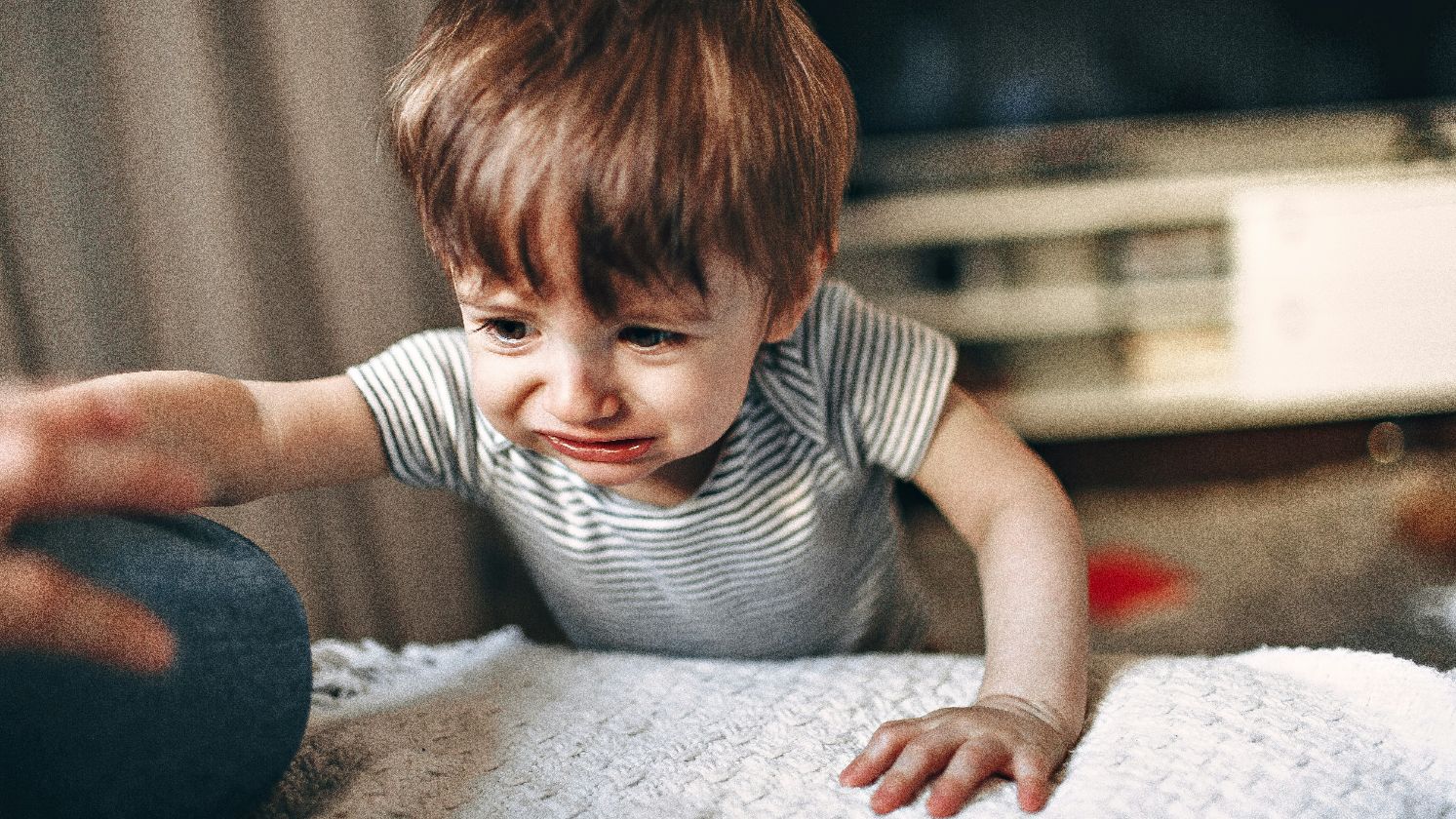Grandparents: Blessing Or Battle?
Grandparents can be absolute blessings in a child's life, but sometimes they cross lines that create serious problems for everyone involved. The difference between helpful and harmful grandparenting is huge for family dynamics and can make or break relationships over time. We're breaking down what grandparents should avoid completely and what makes them genuinely wonderful to have around. Let's start with the toxic behaviors that need to stop immediately.
1. Undermining Parental Rules
When grandparents override house rules, kids get confused about who's actually in charge. This sends mixed signals about authority and can spark major family tension. Sure, some grandparents just want to bond by being the "fun one," but consistently ignoring boundaries usually backfires.
2. Favoring One Grandchild Over Others
Playing favorites creates sibling rivalry that can last a lifetime. Kids notice this stuff immediately, and it tanks their self-esteem fast. Toxic grandparents sometimes also use favoritism to manipulate family dynamics. However, even subtle differences in attention or gift-giving can cause deep resentment between siblings.
3. Sharing Inappropriate Adult Topics With Young Kids
Little ears shouldn't be hearing about Uncle Jerry's divorce drama or Aunt Sue's financial crisis. Grandparents who dump adult problems on children cause genuine emotional harm. Kids exposed to heavy conversations too early often develop serious anxiety. Some think they're just being transparent, but childhood innocence deserves protection.
4. Using Guilt To Manipulate Attention
Grandparents who weaponize guilt to score more visits are crossing a serious line. They'll bring up past sacrifices or play the victim to get their way. This manipulation leaves everyone feeling confused and powerless. If setting a boundary makes you feel guilty, that guilt is probably misplaced.
5. Ignoring Medical Instructions
Disregarding a child's health needs can literally put them in danger. Some grandparents view dietary rules as overly strict helicopter parenting. They might sneak forbidden treats, thinking they're just "spoiling" the grandkids. However, undermining medical advice creates serious conflict and potential health emergencies.
6. Pressuring Children Into Physical Affection
Kids shouldn’t need to earn approval through hugs. Some grandparents just won’t budge, and what should be sweet ends up feeling tense. Letting kids decide how they show affection helps them feel respected and in control. That small freedom also builds confidence and keeps relationships genuine.
7. Making Passive-Aggressive Comments
Passive-aggressive remarks might sound harmless, but they sting. When grandparents slip in a “Well, that’s not how we did it,” it chips away at a parent’s confidence. Even mild comparisons about hair, food, or manners leave lasting tension. These comments often mask a desire to stay relevant in the parenting conversation.
8. Posting Photos Of Grandchildren Without Parental Consent
Sharing grandkid photos online without permission really violates family privacy. Many grandparents don't grasp the safety risks of posting children's images publicly. Toxic ones simply ignore these boundaries because they want bragging rights. This is why setting clear social media guidelines upfront is important to prevent these awkward conflicts.
9. Giving Unsolicited Advice
Stress hits, and suddenly Grandma’s a life coach you never hired. Her “helpful” advice feels more like a critique than comfort. Even with good intentions, those comments can sting, especially when they suggest parents don’t know what they’re doing.
10. Refusing To Respect Cultural Boundaries
Culture runs deep, but some grandparents think their way is the only way. Dismissing family traditions can create wounds that linger. A little curiosity instead of criticism turns those differences into stories worth sharing rather than battles waiting to happen.
Now that we’ve gone over what not to do as a grandparent, let’s shift to the moments that actually make you everyone’s favorite.
1. Present In Family Affairs
Grandparents who show up become the family's steady heartbeat during chaos. They're at every birthday and holiday, keeping traditions alive. Some even step in as full-time caregivers when parents need support. During tough times, they act as neutral mediators who calm storms instead of stirring them up.
2. Sharing Culture And Personal Stories
Nothing beats hearing grandpa's wild stories from "back in the day". These tales pass down values and family traditions that books can't teach. Grandparents become living historians who keep memories breathing for younger generations. And kids who hear these stories grow more confident and learn how to handle stress.
3. Offering Unconditional Listening
Teenagers especially treasure grandparents who listen without immediately jumping to judgment. They create safe spaces where kids can share secrets they'd never tell their parents. Grandparents act as confidantes who actually hear what's being said underneath the words.
4. Providing Practical Help
Without grandparents, some families would fall apart by Monday. They cover child care, lend money, and add calm where chaos thrives. Tension over methods happens, but so does teamwork. Taking on that caregiver role drains energy, yet brings unmatched joy and purpose.
5. Creating Personal Rituals
Grandma’s Saturday pancakes have a magic no restaurant can match. Those little traditions give kids something solid to hold onto. Whether it’s sleepovers or Sunday dinners, such moments become the glue that keeps family memories sweet and strong.
6. Giving Gentle Encouragement
Grandparents build their grandchildren's self-esteem one compliment at a time. Their steady encouragement helps kids tackle stress and develop real confidence. They're like having a personal cheering squad that never takes a day off. Kids also instinctively seek out grandparents when learning new skills or facing scary challenges.
7. Cheering On Small Victories
Every small win gets the superstar treatment at Grandma’s house. From wobbly cartwheels to school plays, she treats every effort like a triumph. Her constant encouragement even makes kids feel valued, and that steady positivity helps shape calmer, happier behavior as they grow.
8. Teaching Skills And Patience
Grandpa's patient gardening lessons or grandma's secret cookie recipe become treasured knowledge. They teach through playing and reading, along with the focused attention that kids crave. Their special enthusiasm also makes learning feel like an adventure rather than a chore.
9. Keeping Calm Spaces
When family drama explodes, grandparents' homes become peaceful refuges from the storm. They provide emotional stability that helps children feel secure during disruptions. Their calming presence acts as a buffer against stress and anxiety. Many consider grandparents' houses safe havens where peace always wins over chaos.
10. Remembering Important Moments
Grandparents are the ultimate memory-keepers. They never miss a birthday call or a school milestone. Years later, their photos and letters become family heirlooms that keep kids connected to where they came from and to the people who loved them first.




























